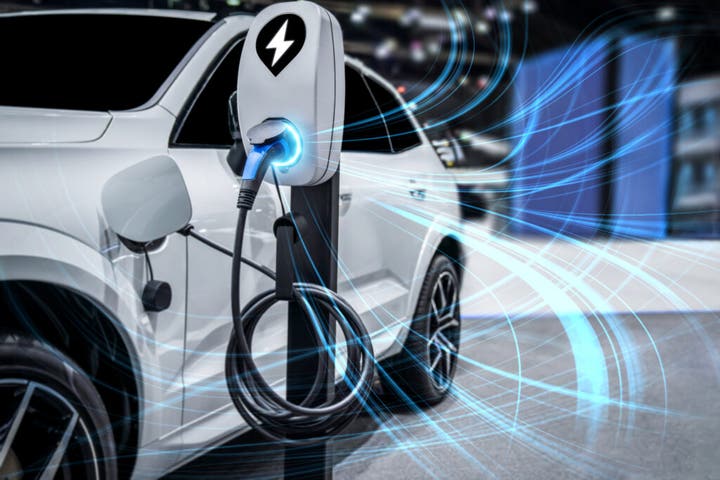European EV Makers Say Climate Goals At Risk As Electric Car Market Is No Longer Growing: 'People Just Don't Earn Enough To Buy These...' BMW AG, Carmakers, Tesla Inc., Governments, Consultancy, SAIC Motors, Climate goals, Volkswagen AG, Mobility Sweden, Alexandre Marian, Chinese EV makers, European automakers, Combustion-engine cars, European electric vehicle (EV) market by https://www.benzinga.com/

AI Insights:
Simple Explanation:
The article talks about how electric cars are not selling well in Europe right now. This is a problem because Europe wants people to use more electric cars to help the environment. The car companies are asking the governments for help, but they don't know what to do yet. Some other countries are making better electric cars and selling them cheaper, so it's hard for European companies to compete. Everyone is worried about what will happen if not enough people buy electric cars in the future. Read from source...
Critical Perspective:
- The article uses vague and misleading terms such as "sharp decline" and "significant downturn" without providing any quantitative or comparative data to support these claims. This creates a sense of urgency and negativity that is not justified by the facts.
- The article relies heavily on anecdotal evidence from industry insiders, such as Bergman and Marian, who have a vested interest in promoting EV subsidies and regulations. Their opinions are not backed up by any independent or objective research or data.
- The article implies that the European consumers are resistant to buying EVs because they "don't earn enough" without considering other factors, such as the availability, affordability, and quality of EV options, the infrastructure and incentives for EV charging and maintenance, and the overall cost of ownership compared to conventional cars.
- The article contrasts the European EV market with the Chinese one, without acknowledging that China has a different political, economic, and social context that favors EV adoption, such as more centralized government policies, lower labor and production costs, and less environmental regulations. This creates an unfair comparison that obscures the specific challenges and opportunities of each market.
- The article suggests that the European automakers are losing ground to their Chinese counterparts, without providing any evidence or data to support this claim. It also ignores the fact that some European automakers, such as Volkswagen and Renault, have been leaders in EV development and production for years, and have a strong competitive edge in terms of technology, innovation, and brand reputation.
- The article expresses concern about the impact of the EV market downturn on the region's climate goals and job security, without offering any solutions or alternatives. It also fails to acknowledge that the transition to EVs is inevitable and beneficial for both the environment and the economy, and that the current challenges are temporary and solvable with the right policies and investments.
Sentiment Analysis:
Negative
Summary of key points and analysis:
- European EV market is facing a significant downturn, raising concerns about the region's ability to achieve its climate goals.
- Carmakers are urging governments for more support as they struggle with surplus inventory, production cuts, and changing consumer sentiment.
- The decline in EV sales reflects the challenges faced by major automakers like Volkswagen, who are also competing with Chinese EV makers in Europe.
Final comment:
The European EV market is facing a negative outlook due to multiple factors such as decreasing demand, increasing competition from Chinese automakers, and changing consumer sentiment. This could potentially jeopardize the region's ability to meet its climate goals by 2035 unless more support is provided by governments and the industry adapts quickly to the evolving market conditions.